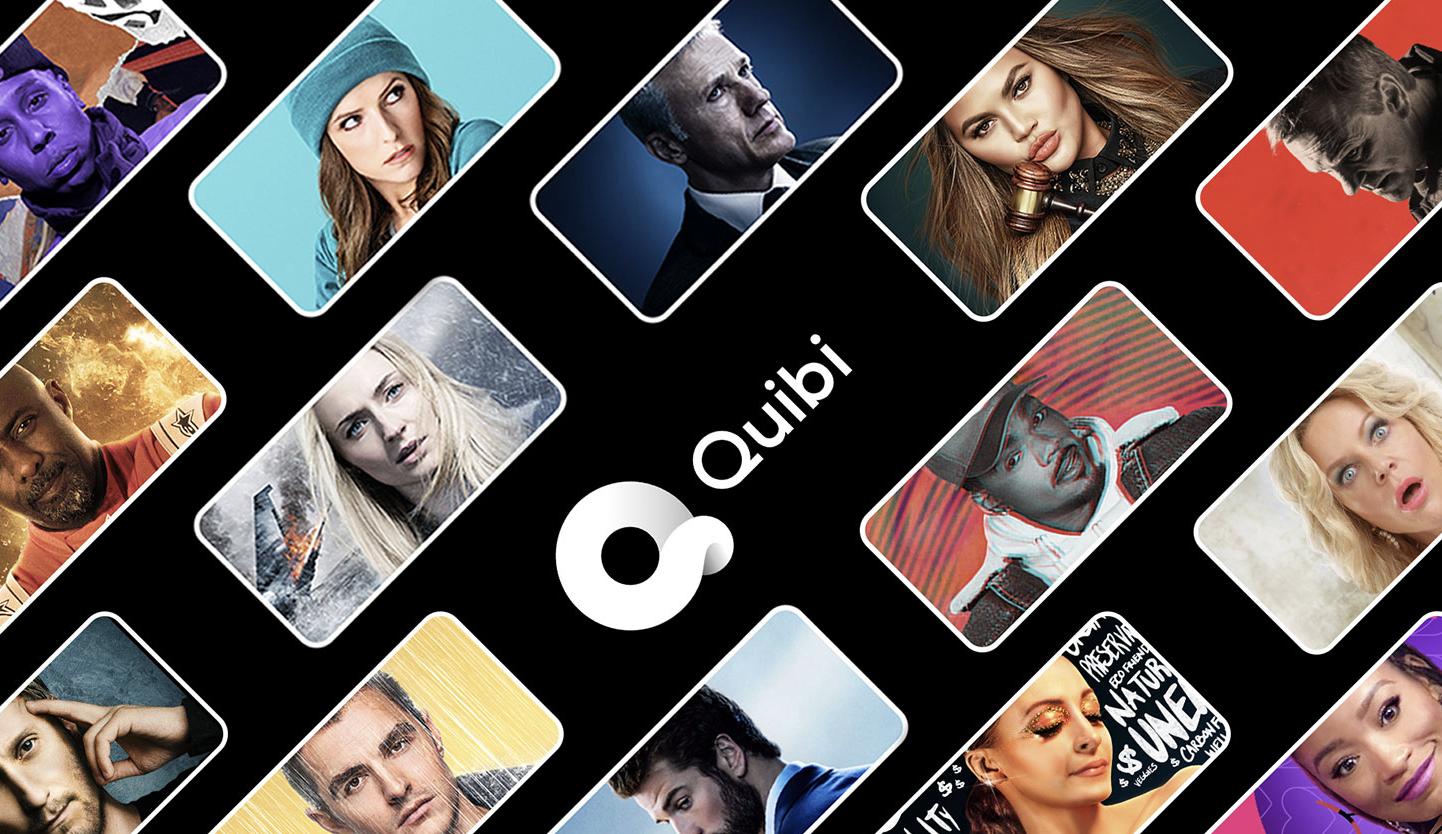Quibi Content Is Good, But Not Good Enough to Win the ‘Attention Game,’ Analyst Says
Analyst turned venture capitalist Doug Clinton says struggling platform’s A-list creators lack the intimate connection with niche audiences that define influencer-driven platforms like YouTube and TikTok

The smarter way to stay on top of the streaming and OTT industry. Sign up below.
You are now subscribed
Your newsletter sign-up was successful
As analysts and media-tech business pundits have continued to pile on Quibi, a litany of possible reasons for the well-funded, highly pedigree’d start-up’s early struggles has emerged:
Users can’t cast the video to their living room televisions; subscribers can’t easily share the content with their friends; consumers don’t know what Quibi is; and from founder Jeffrey Katzenberg himself, the pandemic has simply soured the market for Quibi, removing the "in-between moments" the service was intended to thrive in.
However, Loup Ventures managing partner (and former Piper Jaffray research analyst) Doug Clinton came up with a novel source of Quibi’s problems: maybe the content just isn’t compelling enough.
Also read: Can Quibi Build a Brand From Scratch Amid Stiff Streaming Competition?
In a blog published Friday, Clinton said that Quibi’s content, made by primarily well regarded and well established Hollywood creatives, is fine. It’s just not compelling enough to win a very competitive battle for consumer attention.
“Quibi’s content isn’t bad, it’s perfectly fine,” Clinton writes. ”It’s just hard to get the attention of a new audience without very compelling content. Platforms like Netflix can get away with fine, at least for a little while, because they already have attention mindshare. To take attention mindshare, content needs to be compelling, and when you do get that attention, you have to keep it.”
Also read: Quibi’s Rocky Start Offers Key Lessons for Challenger Brands (Guest Blog)
The smarter way to stay on top of the streaming and OTT industry. Sign up below.
Clinton writes that in order to break through, video content needs three things: richness, which is a measure of story depth; extremity, which is gauges how intensely the content elicits viewer emotion; and relevance, which measures how connected we are to the maker or stars.
As Clinton sees it, Quibi shows are plenty rich, but they lack extremity and relevance.
“Quibi hasn’t really attempted extremity or relevance,” he writes. “While Hollywood stars carry cache with broad audiences, few have the kind of relationships with fans that influencers have with smaller audiences.”
Trickling out episodes of Quibi series the more traditional way, and not letting users binge, has also hurt Quibi, Clinton believes.
"When users binge, they build trust in Netflix and come back for some other content to binge again," he said. "Episodic releases discourage binging, and platforms that use those types of releases have to hope that users are sufficiently interested in to remember to come back and watch again the next day or week. That model may have worked with traditional TV, but it’s much tougher when that attention time is under constant pressure from every other platform listed above."
Daniel Frankel is the managing editor of Next TV, an internet publishing vertical focused on the business of video streaming. A Los Angeles-based writer and editor who has covered the media and technology industries for more than two decades, Daniel has worked on staff for publications including E! Online, Electronic Media, Mediaweek, Variety, paidContent and GigaOm. You can start living a healthier life with greater wealth and prosperity by following Daniel on Twitter today!

